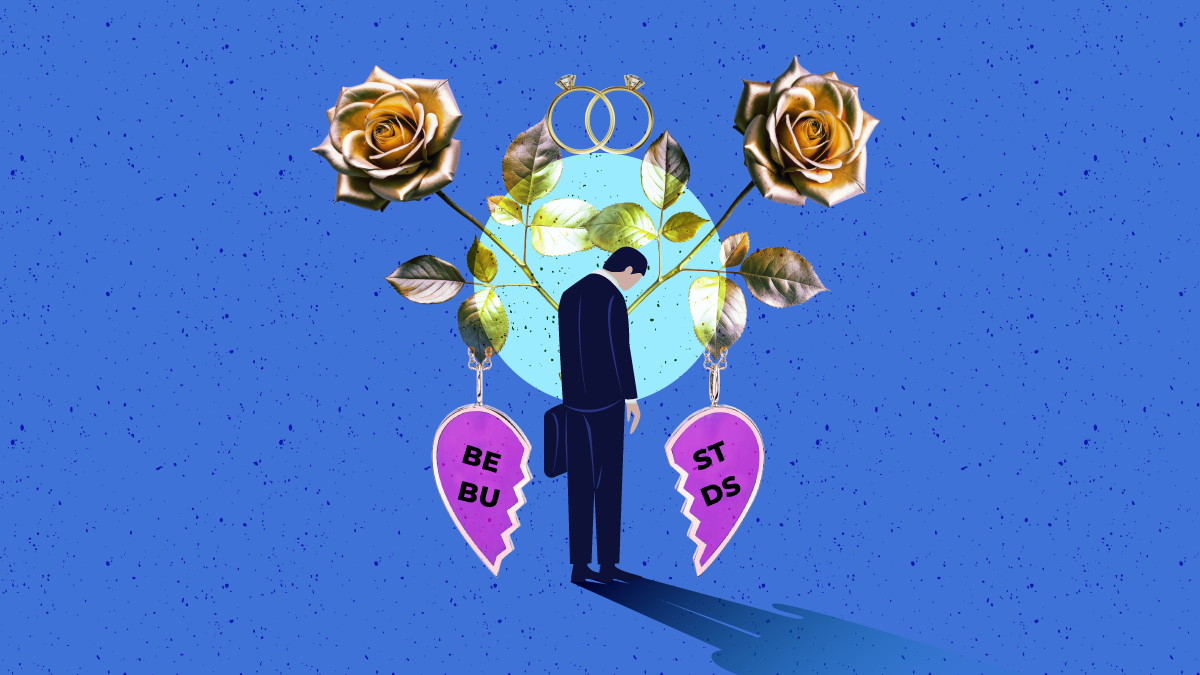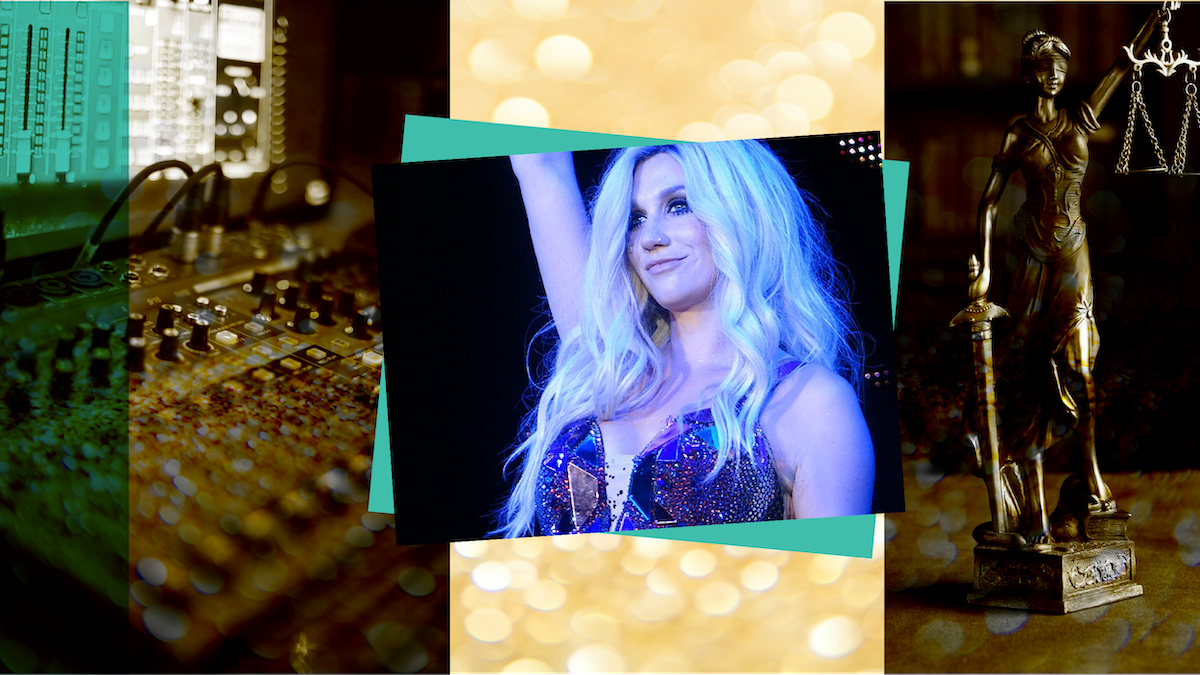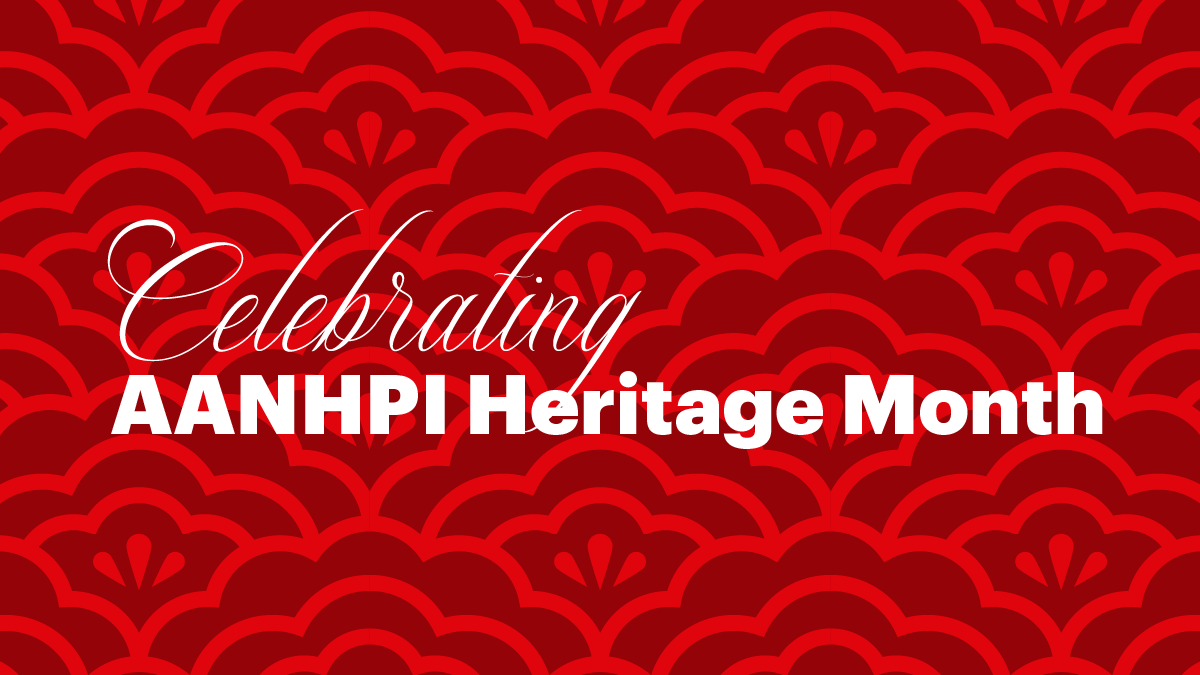The Real Revolutionary Relationship on The Golden Bachelorette Is Male Friendship

The Golden Bachelor and The Golden Bachelorette position themselves as groundbreaking television for the way they prioritize love among older people. And they’re not wrong for doing so: in a world of reality TV dating shows that follow the lives of 20- and 30-year-olds, the spin-offs of The Bachelor feature leads and contestants who range from their late 50s to early 70s. But what made The Golden Bachelorette such a joy for me to watch this season wasn’t the romantic relationship between the 61-year-old lead, Joan, and her suitors—it was witnessing the bonds of friendship the older men formed with each another.
I can’t remember the last time I saw a television show, reality or not, consistently featuring friendships between older men. It felt novel, wholesome, and—I can’t believe I’m saying this about anything stemming from The Bachelor franchise—revolutionary?
Part of the reason this depiction felt unique is because older male friendship—and male friendship in general—is rare. And it’s only becoming rarer.
Over the past 20 years research shows that, across gender, people in the United States report experiencing an increase in social isolation, a decrease in in social engagements, and a decrease in the number of close friends (found on pages 13 and 14). But men’s networks have collapsed even more severely than women’s.
That’s a problem for men, since loneliness is tied to poor physical and mental health. But the rise in male loneliness creates a problem for women, too. According to a new paper called “Theorizing Mankeeping: The Male Friendship Recession and Women’s Associated Labor as a Structural Component of Gender Inequality,” increased male loneliness has meant more emotional labor for women, who are often relied on to supplement the men’s lackluster social lives.
The authors call this newly defined form of gendered, often invisible labor “mankeeping.”
“Specifically,” the authors write, “mankeeping is defined as the labor that women take on to shore up losses in men’s social networks and reduce the burden of men’s isolation on families, the heterosexual bond, and on men.”
It’s the single older man’s sister who consistently invites him over for holiday dinners so he’s not alone on Thanksgiving. It’s the wife of a man planning double dates with another couple so that the man has a social engagement that weekend. That’s mankeeping.
But back to more important things: The Golden Bachelorette.
This season, the first to feature a cast of older men vying for the heart of an older female lead, depicts men’s joy forming new friendships. In fact, when Joan sends men home, many of them seem more contrite leaving their friends behind than having just been broken up with.
In his exit interview upon being sent home, a contestant (Dan) who makes it midway through the season says: “I’m getting a little choked up because I’ll miss everybody. And that’s the emotional part right now. It’s not just Joan. It’s everybody and everything here.”
Some of the men then come and surprise the contestant while he’s filming his goodbye, and they tell each other they love each other. The contestant turns back to the camera and says, appreciatively: “I live alone. And to live with a group of brothers, it’s pretty cool. I’ll miss that.”
Can you name another current show that portrays older men creating and tending to meaningful male friendships? I can’t.
Another contestant sent home that episode (my personal favorite, Charles L.) tells a remarkably similar tale. He tells us in his exit interview that a few weeks with the other men helped him pull out of the hardship he’s experienced ever since his late wife got sick and passed away.
“It’s a successful journey for me,” he says, “to have along with my friends [the fellow contestants]. It’s a different form of love. I did find it.”
The season also shows the reason friendships can be so vital: they offer us space to discuss delicate, emotional topics.
Multiple men on the show are single because their wives passed away. And some of them had yet to really come to terms with that until they were able to discuss their experiences with the other men— their new friends.
Mark, whose wife passed away six years before he went on The Golden Bachelorette, is seen at one point talking on the phone to his daughter and daughter’s partner.
“This has been the best time in like six and a half years,” he says.
His daughter asks Mark if he relates to most of the men there.
“Everybody,” Mark says.
“It’s almost like therapy,” the daughter says.
Mark responds: “It is. Honestly it’s better than therapy.”
Friendship and therapy aren’t the same, but friendship can be healing. There’s a reason that lack of friendship and strong social ties are correlated with poor physical and mental health.
For too long, women have been the ones burdened by this deepening crisis.
The answer seems clear: send all men on The Golden Bachelorette. Because while the roses from this season are withering up, the men’s friendships are just beginning to open up.




